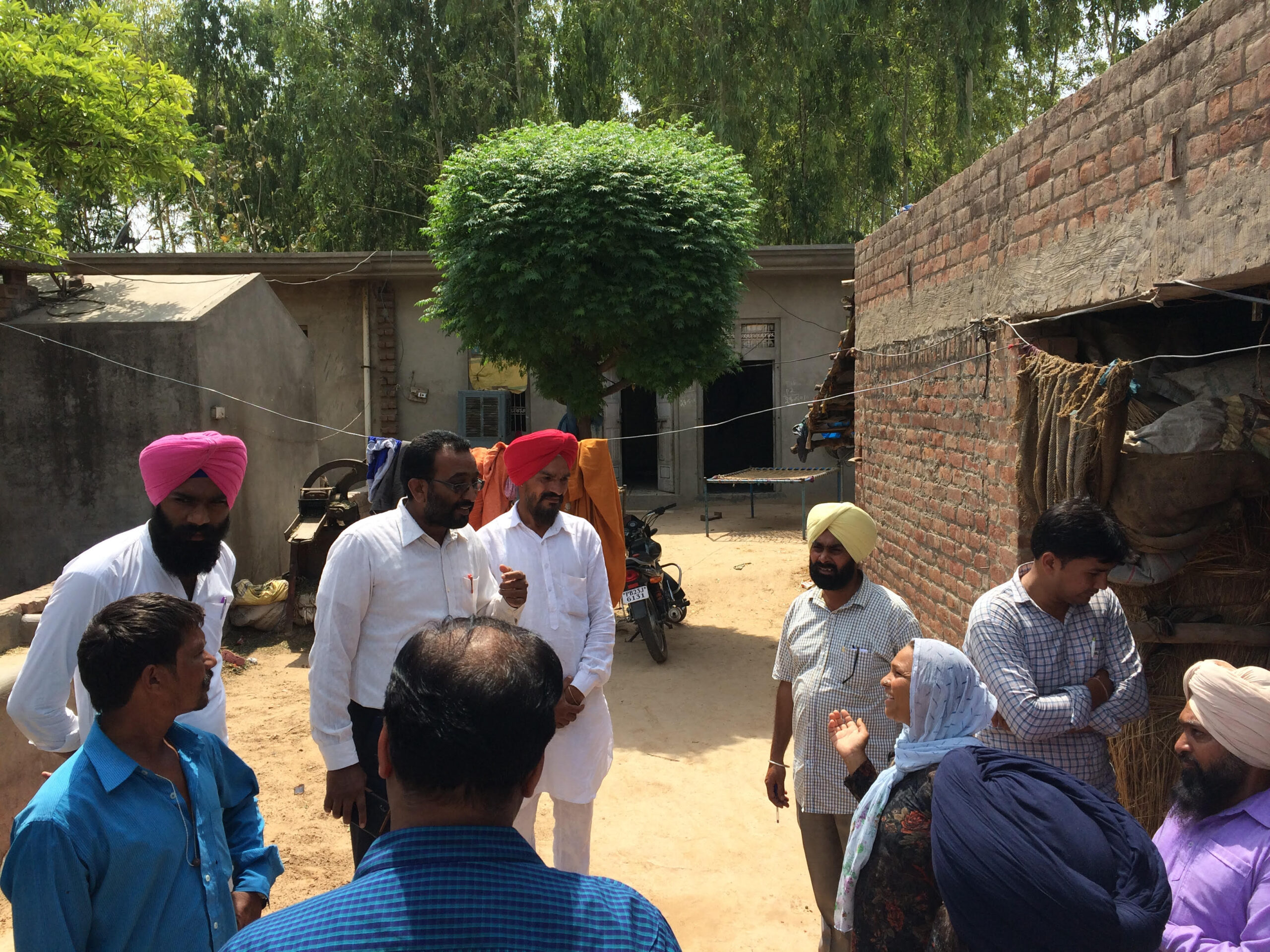The beaches of Vizag are as beautiful as South Korea. The sun does not distinguish between the two; the waves draw a similar admiration; the view towards the city is also similar – buildings may be less taller, but it’s greener and more picturesque in Vizag.
As when walks on the beach though, ( if at all one dares- many people prefer walking at some safe distance from the sea, on a road, rather than the sands !) the picture changes. We have heard of ‘nude’ beaches in some countries – and without commenting on the merits/ demerits of the same, understanding is that the same is not done out of compulsion or necessity. In Vizag, in a duration of 30 minutes, I witnessed two people conveniently approaching the sea, half squatting, their lungi above waist, and using the most abundant source of water to clean their asses. One of them had to wait in between waves to complete the task. Having completed the task, they went back to merge in the city.
Andhra Pradesh held its workshop on ‘Steering Andhra Pradesh towards open daefecation ( ODF)’ yesterday only. The workshop, facilitated by UNICEF, was attended by Collectors from four districts, including Vishakapatnam, key district officials. The Principal Secretary and two Ministers from the State attended the workshop. During the workshop, the participants were exposed to best practices in sanitation from the districts of Bikaner ( Rajasthan), Raigarh ( Chhattisgarh), and Harda ( Madhya Pradesh). The ‘champion’ officers from these three districts shared, as to how ‘involvement of community’ and ‘passion’ are sine qua non for achieving sustainable results. A practitioner of community approach to sanitation remarked that the reason of inadequate success in sanitation programmes was ‘ institutional shit’ – meaning a lack of understanding down till the last level – that we need not be the ‘providers’ of toilets, that we need to believe in the power of the community, and only facilitate decision making by them.
The workshop ended with a consensus amongst the participants in moving from the supply-driven mindset of construction to focus on behaviour change. The Principal Secretary mentioned that ‘business as usual’ will not achieve the outcomes expected under the Swachh Bharat Mission. He emphasised that the State would shift focus from the ‘construction of latrines’ to ‘achievement of ODF communities’, which he said was a more comprehensive idea. He also mentioned the need for building capacities for skills in community approaches through similar workshops at the district level.
The community approaches require champions. While the Swachh. Bharat Mission is producing thousands of such unsung heroes – a sanitation coordinator in Rajasthan chose to attend a village sanitation programme over being present with his wife when she was delivering a baby ! – the scale of work demands champions at the district level. Collectors or CEOs, Zilla Panchayat are emerging as such champions, leading their districts towards ODF. While work is progressing at different pace across all the districts, there may be at least fifty such champions in India today, who are passionate about sanitation, and the number is increasing by the day. These districts are now on auto mode, and with little inspiration from the State/ Centre, will achieve the ODF goal. We need to quickly double, treble and quadruple this number. Even if 200 districts in this country – nearly one third of the country – get fired up and passionate about this work, this will become an unstoppable movement. Many State level champions are kindling this fire and spreading it from district to district. Involvement of non officials at various levels is another welcome observation.
The right message, in the right voice can do wonders.
The rural India thus seems poised to shed off this blot of open daefecation. For urban areas, it may be a bigger challenge. The matter there gets invariably merged with provision of hardware – sewerage networks – which is resource and time intensive. ( Although decentralised slum level pit latrines may also be tried). Solid waste is another unsightly monster, with bigger scale in the urban areas. Professionalisation of service delivery therefore, gets counted as a key thrust area. However, community involvement remains the key, since this is something that bridges the urban-rural divide.
Solution to the man daefecating at the Vizag beach will emerge in discussion with his community.

